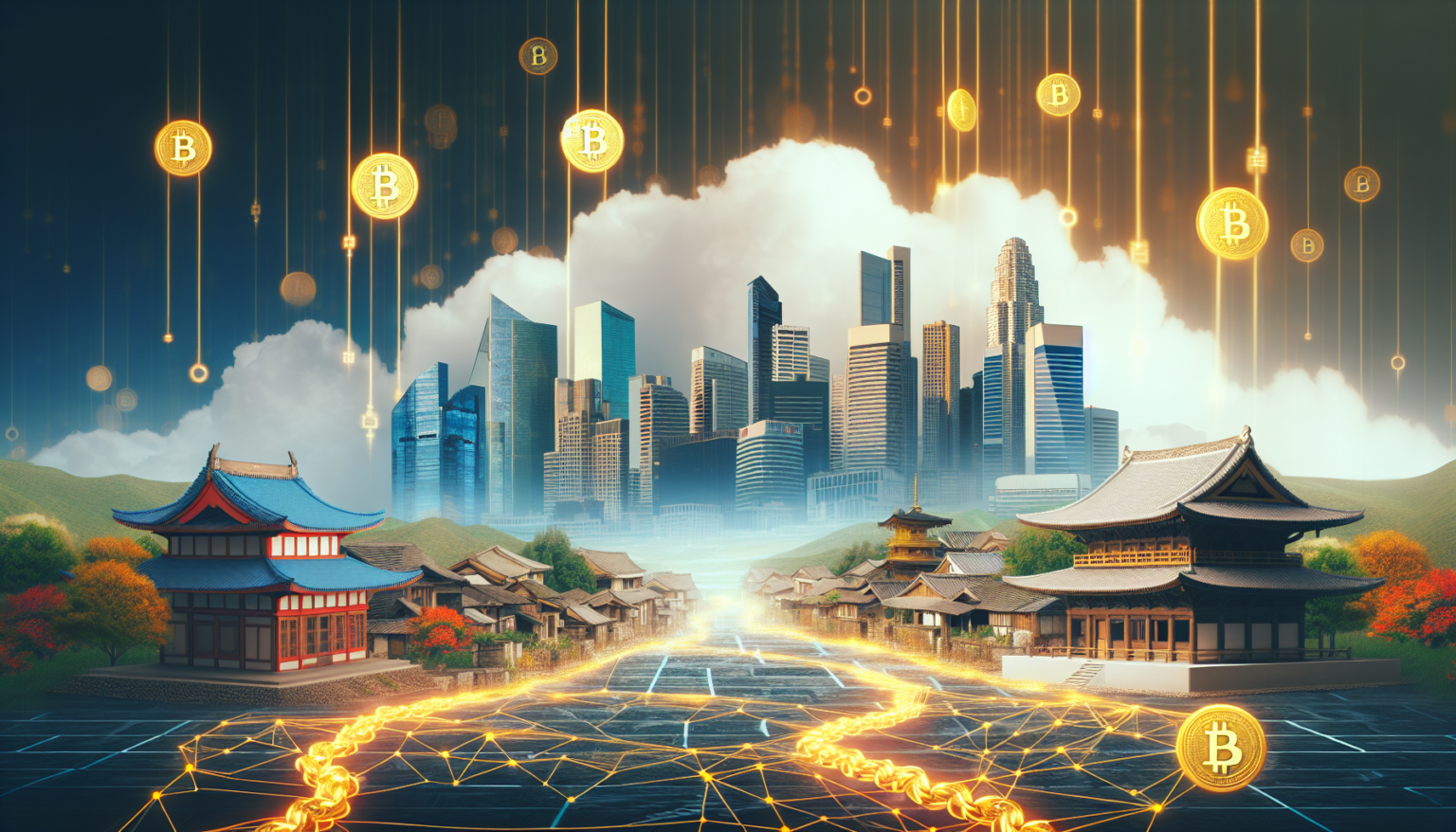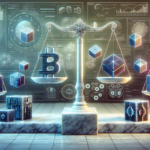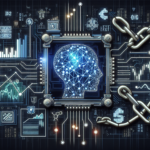The Concept of Real-World Asset Tokenization
What are Real-World Assets?
Real-World Assets (RWAs) refer to physical items or tangible assets that have intrinsic value. These can include real estate, art, collectibles, commodities, and even financial instruments like stocks and bonds. The concept of tokenization transforms these assets into digital tokens on a blockchain, creating a bridge between the physical and digital realms.
Understanding Tokenization
Tokenization is the process of converting ownership rights in an asset into a digital token that resides on a blockchain. By doing so, the asset is fractionalized, meaning ownership can be divided into smaller parts. This makes it more accessible to a larger group of investors. Instead of needing substantial capital to invest in a whole property or a valuable piece of art, individuals can now purchase a fraction of these assets.
The Advantages of Tokenization
Increased Liquidity
One of the most significant benefits of tokenization is increased liquidity. Traditional markets have inherent limitations when it comes to trading physical assets. Selling a piece of real estate, for instance, can take months or years. However, tokenized assets can be traded on various exchanges, enabling quicker transactions and better access to capital.
Accessibility and Inclusivity
Tokenization lowers the barriers to entry for investing in real-world assets. It enables individuals who may not have the capital to buy entire assets to participate in the market. By allowing fractional ownership, tokenization democratizes access to investment opportunities, enabling anyone with a smartphone or internet connection to invest in assets they might have found previously unreachable.
Transparency and Security
Blockchain technology offers a secure and transparent way to record transactions. Every transaction related to a tokenized asset is traced on a decentralized ledger, making it difficult to manipulate or defraud the information. This transparency increases trust between parties involved in asset transactions and helps to reduce fraud.
Current Applications of Real-World Asset Tokenization
Real Estate
Real estate is one of the leading segments embracing tokenization. Companies are allowing individuals to invest in properties by purchasing tokens linked to real estate. This has not only made real estate investments more accessible but has also provided a new way for property owners to finance their holdings.
Art and Collectibles
The art world is witnessing a surge in tokenization as well. Artists can tokenize their work, giving buyers a chance to own a fraction of an artwork. This method allows artists access to capital and investors a stake in art that typically appreciates over time. Collectible markets, such as trading cards or vintage items, are also starting to explore tokenized solutions.
Commodities
Tokenization has entered the commodities market, where precious metals like gold and silver are being tokenized. Investors can buy tokens that represent ownership in a specific amount of metal stored in a vault, simplifying the buying and selling process for commodities.
Challenges in Real-World Asset Tokenization
Regulatory Hurdles
While tokenization has a lot of potential, it is not without challenges. Regulatory frameworks are still catching up with technology and vary significantly by region. Navigating compliance can prove daunting for many companies, especially those that are focused on global markets. Understanding how different jurisdictions classify and govern tokenized assets is crucial.
Valuation Issues
Valuing tokenized assets can also pose significant challenges. Unlike traditional assets with clear market values, many RWAs do not have established benchmarks for valuation. This can lead to inconsistencies in pricing, ranging from under- to over-valuing assets, which may result in unjustified risks for investors.
Market Adoption
While the concept of tokenization is catching on, widespread market adoption is still in its infancy. Many investors may not fully understand the mechanics of tokenization, and there is a general skepticism surrounding blockchain technology. Building trust through education and demonstration of value is essential for broader acceptance.
The Future Trends in Real-World Asset Tokenization
Integration with DeFi
The decentralized finance (DeFi) movement is making waves in how assets are traded and financed. Integrating RWAs into DeFi platforms will likely amplify the benefits of both sectors. Imagine using tokenized real estate as collateral for a loan, instantly increasing liquidity while providing asset owners with financial options.
Standardization of Protocols
To foster growth in this sector, the standardization of tokenization protocols is vital. As the market matures, developing widely accepted technical standards will simplify the process of tokenization and enhance interoperability between platforms. This could streamline processes, making it easier for companies to adopt tokenization without reinventing the wheel.
Institutional Adoption
Institutions are beginning to recognize the potential of tokenization, which could pave the way for greater investment in this space. Financial organizations are looking into how they can tokenize assets, and as this trend grows, we might see a surge in the number of tokenized assets available for trading.
The Role of Technology and Innovation
Advancements in Blockchain Technology
The evolution of blockchain technology will play a crucial role in the future of asset tokenization. Innovations such as layer-2 solutions or sidechains could improve transaction speeds and scalability. Improved blockchain infrastructure will enhance user experience, making it more attractive for both investors and asset owners.
Smart Contracts
Smart contracts are set to revolutionize the way asset transactions are executed. By automating the enforcement of terms in contracts, smart contracts can reduce the need for intermediaries, speeding up transactions and minimizing associated costs. As they become more prevalent, we can expect a significant impact on how tokenized assets are bought, sold, and traded.
Artificial Intelligence and Data Analytics
Emerging technologies such as artificial intelligence (AI) can enhance the tokenization process by providing sophisticated tools for valuation, risk assessments, and market analysis. As digital assets grow in complexity, leveraging AI for better decision-making will be indispensable.
The Ecosystem of Partnerships in Tokenization
Collaborations Between Fintech and Traditional Finance
The future of real-world asset tokenization will rely heavily on collaborations. Partnerships between fintech firms and traditional financial institutions will help establish the credibility of tokenized assets. This merging of expertise can create innovative solutions and services that benefit end-users.
Cross-Industry Synergies
Tokenization has the potential to extend beyond finance. Collaborations with industries like insurance, real estate, and energy can unearth new opportunities. For instance, tokenized assets in renewable energy might lead to innovative financing models that promote sustainability.
As the landscape of real-world asset tokenization evolves, embracing these trends and collaborations will shape the future of investment, create new avenues for wealth generation, and redefine how we perceive ownership in the digital age.









